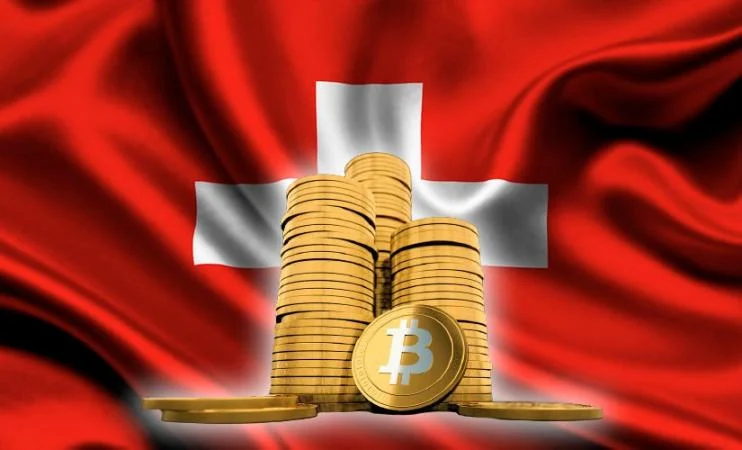Supermarket Chain Spar Launches Bitcoin Payments Across Switzerland: A Big Step in Cryptocurrency Adoption in Daily Life

Swiss supermarket chain Spar has announced the expansion of its Bitcoin payment system nationwide, following a successful trial period at two stores in Zug and Kreuzlingen. This is considered one of the most positive moves ever by the Swiss retail industry in integrating cryptocurrencies into everyday consumer transactions.
According to the official announcement, the new payment system uses the OpenCryptoPay platform developed by DFX Swiss, allowing customers to pay directly with Bitcoin via the Lightning Network - a network that helps process transactions quickly and at low costs. Payments are made by scanning a static QR code, making the process easy and convenient for both customers and cashiers.
“Zug is the starting point – but we will roll out across Switzerland,” OpenCryptoPay confirmed on its X platform (formerly Twitter). Information about locations accepting Bitcoin has been made public on BTC Map, a crowdsourced online map that lists more than 600 businesses in Switzerland that currently accept the cryptocurrency.
Rahim Taghizadegan, director of the Bitcoin Association Switzerland, expressed his excitement that the use of Bitcoin at major supermarkets like Spar would be a “watershed moment” in transforming the cryptocurrency from an investment asset to a mainstream means of payment.
However, despite positive signals from the private sector, Switzerland has yet to reach a national consensus on the role of Bitcoin. At a recent meeting, Swiss National Bank President Martin Schlegel said that Bitcoin is still “too volatile” to be included in the national monetary reserve. In contrast, a civic movement is campaigning to amend the Swiss Constitution to require the central bank to hold Bitcoin alongside gold, with the goal of collecting 100,000 signatures to hold a referendum.
However, it is undeniable that Switzerland, especially cities like Zug and Lugano, have become the leading European hub for cryptocurrency adoption. Zug has allowed tax payments in Bitcoin since 2020, while Lugano has deployed both Bitcoin and USDT for public services since 2022.
In the context of many other cities and countries like Panama studying the integration of cryptocurrencies into public payment systems, Spar's move is seen as a clear demonstration of the trend of cryptocurrencies becoming more and more linked to everyday consumption, no longer limited to speculation or purely financial transactions.
This event not only marks a step forward for the Swiss retail industry, but also affirms the country's pioneering position in the journey to making cryptocurrencies an essential part of the global financial ecosystem.
